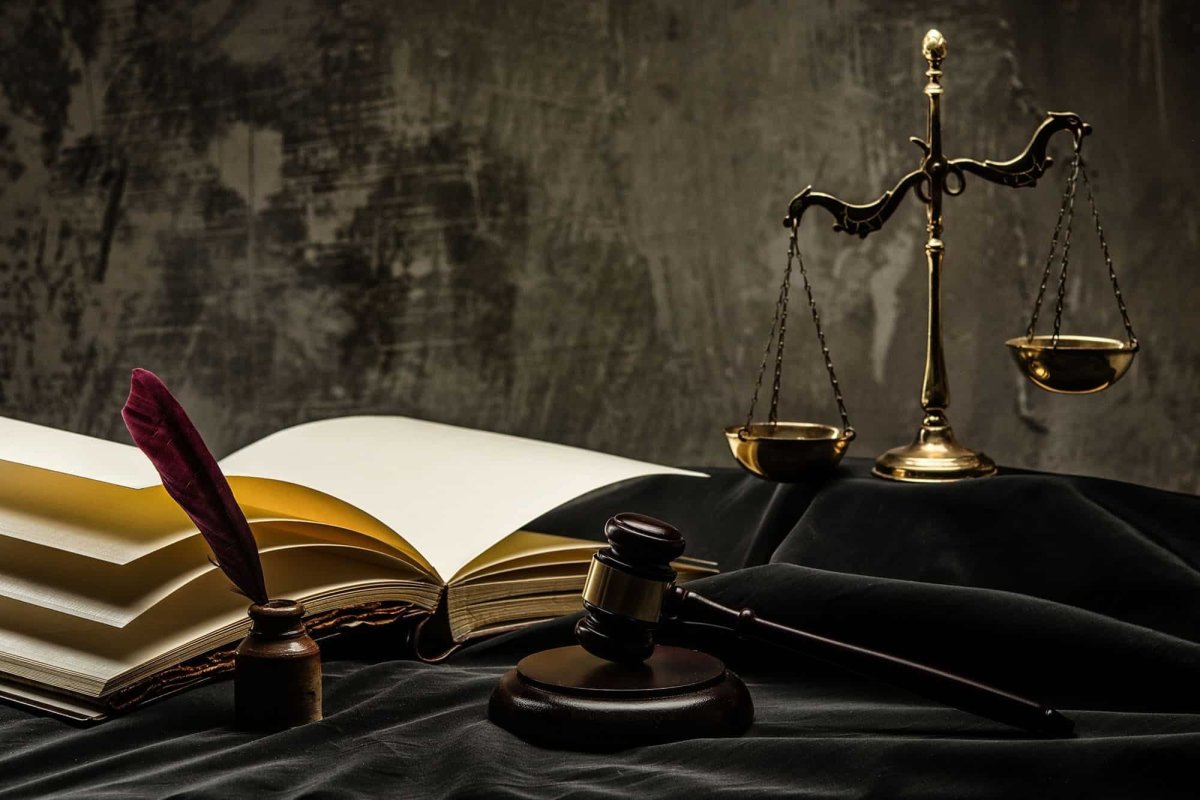Electoral and Human Rights: Ensuring Equal Access to Elections
Introduction
The right to vote is a fundamental component of a democratic society and an integral part of human rights. Ensuring equal access to elections for all citizens is critical to the fairness and legitimacy of the electoral process. In this article we will examine how Ukraine ensures equal access to elections, what problems exist in this area and what are the prospects for reform.
Current legislation
Constitution of Ukraine
The Constitution of Ukraine enshrines the basic principles of suffrage, in particular:
- Equality: Article 24 guarantees the equality of all citizens before the law, including equal suffrage rights.
- Universal suffrage: Article 70 establishes that all citizens who have reached the age of eighteen have the right to vote in elections.
Electoral Code of Ukraine
The Electoral Code of Ukraine details the mechanisms that ensure the realization of electoral rights:
- Equal access to elections: The Code guarantees equal conditions for all candidates during the electoral process.
- Simplification of voting procedures: Procedures are established to ensure voting by persons with disabilities, internally displaced persons and citizens abroad.
Law of Ukraine "On Ensuring Equal Rights and Opportunities for Women and Men"
This law aims to ensure gender equality, including participation in the electoral process:
- Gender quotas: Quotas are established to ensure equal representation of men and women on party electoral lists.
Problems of equal access to elections
Internally displaced persons (IDPs)
One of the biggest challenges is securing voting rights for internally displaced persons:
- Difficulties with registration: IDPs often face bureaucratic obstacles when changing their voting location.
- Information exclusion: IDPs may not be sufficiently informed about their electoral rights and opportunities.
Persons with disabilities
Persons with disabilities also face many challenges:
- Inaccessibility of polling stations: Many polling stations are not equipped for people with disabilities.
- Information barriers: Lack of information in accessible formats (e.g., Braille) limits opportunities for these individuals.
Gender inequality
Although legislation provides for gender quotas, women's actual participation in politics remains limited:
- Societal stereotypes: Stereotypes and gender discrimination limit women's political activism.
- Underrepresentation: Women are still underrepresented in leadership positions in parties and government.
- <Perhaps you are interested in the following articles: consultation of a lawyer, legal advice, analysis of written advice, verification of documents by a lawyer, lawyers documents assistance legal opinion, legal opinion of a lawyer lawyer online consultation of a lawyer consultation of a lawyer assistance of a lawyer online Legal analysis of the situation, Litigation, legal services, legal services, lawyer services, lawyer, lawyer services, lawyers online, lawyer services, lawyers online, lawyer services online, lawyer services online, lawyer assistance online, lawyer assistance online, lawyer assistance, lawyer advice, legal services online, legal services, lawyer
Prospects for reform
Electoral law reform
The electoral legislation should be improved to better ensure equal access to elections:
- Simplification of IDP registration: Introduce mechanisms to facilitate the procedure for IDPs to change their voting location.
- Polling station equipment: Ensure that all polling stations are accessible to people with disabilities.
- Gender Programs: Design and implement programs to increase women's participation in politics.

































